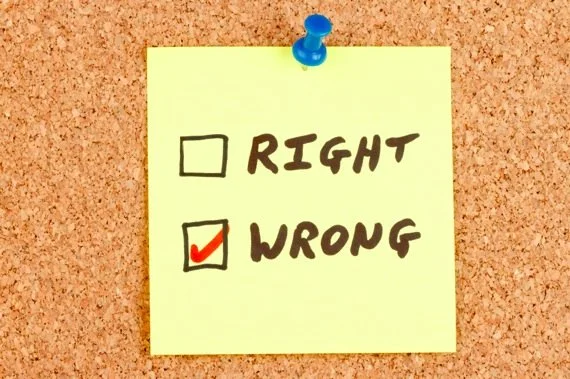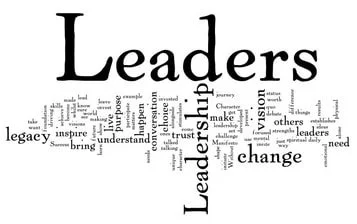Blog
AI Can Analyze Faster. But It Can’t Listen.
The most valuable traits in leadership today are profoundly human.
Leadership is Multifaceted
Leadership today isn’t about climbing one ladder—it’s about weaving together all the threads of who you are.
Great leadership starts with listening
It’s not just about hearing words—it’s about truly understanding the perspectives behind them.
Trust is Built in the Trenches
Trust isn't built during retreats, it's built when everything is falling apart.








